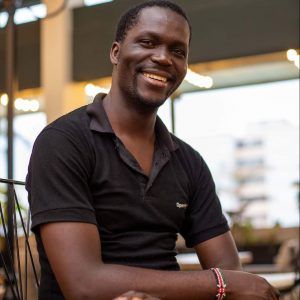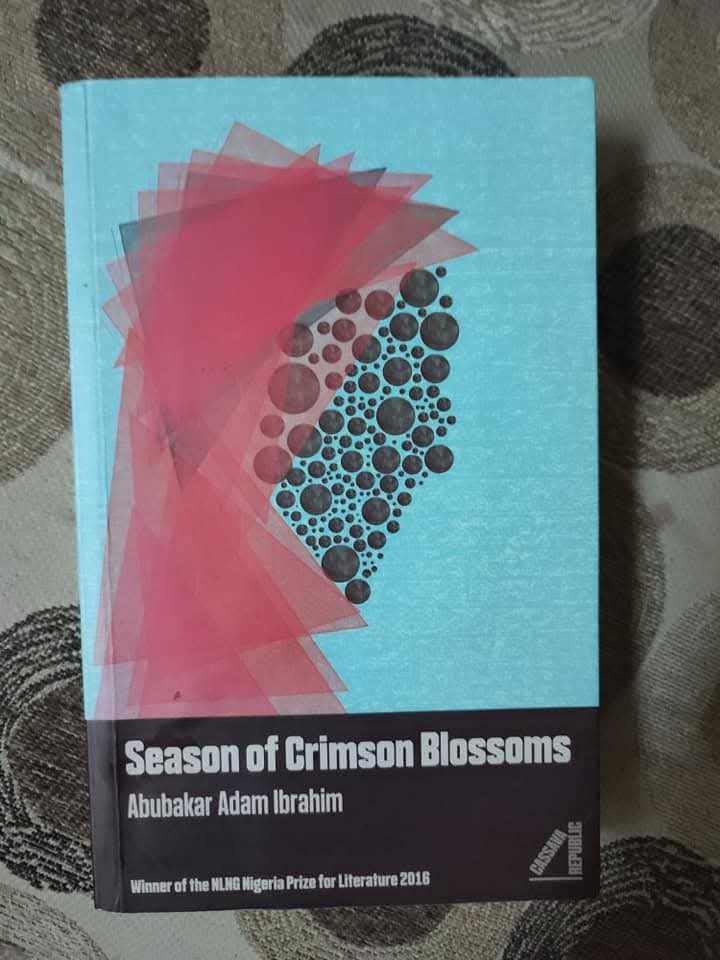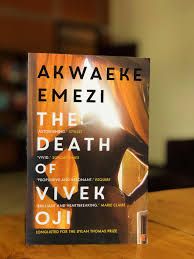When death comes, where will it find you, and what will you be doing?
On the morning of 5th April, 2015, one hundred and fourty eight people woke up in Garissa, Kenya, expecting to go through the day as usual. None knew that this was the day they would die.
Four gunmen, strapped like war soldiers, stormed Garissa University College and opened indiscriminate fire on any moving being. It was early in the morning, 5 AM, and some students in the institution were getting ready for their morning prayers.
And then the loud cracking of gunfire. Screams. Bullets zipping through the air. People falling. Chaos. Fear. The four dastard gunmen that perpetrated this ghastly attack were from the Al-Shabaab— a terrorist, jihadist group. They kept advancing, shooting to kill. When they got into the buildings, they cornered some of the hostages and singled out those who identified as Christians. They opened fire on them.
One hundred and fourty eight people, mostly students, perished during the Garissa University attack. Sadness, and anger directed towards perpetrators of acts of terror, clouded the nation. Another seventy-nine, or more, were injured.
As the breaking news kept sliding across the chyron on televisions, an impromptu address by President Kenyatta was televised.
“On behalf of my government, I extend condolences to families of those who have perished in this attack. We continue to pray for the quick recovery of the injured, and the safe rescue of those still being held hostage. I also assure the nation that the government has undertaken appropriate deployment to the affected area…” said the president in a somber but firm speech that was watched across the nation, and by the world. And true to the assurance, Kenyan troops filed into the administration buildings and neutralised the threat, killing all the gunmen who had barricaded themselves inside the institution, taking hostages.
Later, led by the President, our nation went into three days of national mourning.
***
Douglas Logedi, a young man going about his endeavours, in Nairobi, gets the news. Garissa University College is under attack. Terrorists have burst in through the main gate, shooting, first killing the security officers manning the entrance. They have barricaded themselves in the administration blocks and heavy gunfire cracks from inside. Our Defense Forces are on sight, planning an assault and rescue mission.
Douglas goes limp. His stomach doesn’t want to hold its contents any more, and he has to will himself not to get sick. He needs some personal time, to process the news that he has just received. Shock. Fear. For this morning, Douglas is sure that his beloved friend is inside Garissa University College.
***
Later, the Kenyan government has cut the Gordian knot by deploying troops who have overcome and crashed the poltroons. The nation is banded in unity, mourning, and supporting the families of the deceased, and the injured who have sustained minor injuries. Bodies are being identified. Sadly, something that comes as an unseen double punch to Douglas’ heart, his friend is dead.
***
Grief is not something you heal from, Douglas tells me. We only learn how to move on. A writer of poems, the Garissa University attack drove him to pen his debut fiction novel, what he calls a tribute to his friend.
His first novel titled Chasing a Bullet is our book of the month, a read we shall discuss during our third book club session at The Chat Room, Kilimani. Before kicking off the session, all members of the Positively African Book Club shall observe a sixty-second moment of silence in honour of our beloved who perished during the 2015 Garissa attack.
In the session, Douglas will reconstruct the story of the attack and how it affected him, the drive to write a novel, the writing process, and then finally the plot, characters, and themes in his fictional work. We shall have an interactive session, and end with a book signing.
But who is Douglas Logedi?
To afford you a little gander at who the man is, I had a quick Q & A with him.
Who is Douglas Logedi?
Douglas is an author, researcher, dancer, MC, and lover of life. He is dedicated to writing stories reflective of society and the challenges within the societal fabric.
Where does your love for books stem from?
I was not always like this. I hated books. In high school, I would wonder why someone would read even when no one was coming with a bunch of test papers in their hand, commanding you to sit and take the test. It all changed after I started listening to successful people and figured they all had one thing in common; reading.
When did you start writing, and why?
I started writing by accident, or maybe, incident. Depends on how you look at it. I always wrote poems for music and drama festivals and even had some adapted in both local and international publications. But the Garissa University attack of 2015 was the motivation that pushed me to write novels.
You have two books now (Chasing a Bullet and The Shadow of a Bullet). What are they about, and how did the Garissa attack inspire you to write them?
My books are about terrorism, mainly in Kenya and generally in East Africa. I was inspired by the death of my friend, one of the victims of the attack. Hearing of the attack in the news and knowing that my friend was there sent shock waves throughout my body. It was not until the identification of the body that I realized he was truly gone. I needed to pen a tribute to him or something that would immortalize him, at least. That’s how my first novel came to be.
Did you use writing as a way of healing from grief?
No. I think healing is a word that has been overused and misused. Grief is not something you heal from. It is something you accept and then work your way through.
You self-published. What was that like?
I have enjoyed the journey. There are challenges, especially having to pay the entire cost. However, it gets much easier and better with time.
What’s the place of fiction in the world, given the bunch of scoff at fiction, with pro scoffers terming reading fiction an unproductive exercise?
Fiction is the place of literature in the world. No story is 100% fictional. Every fiction is only 50% (or less) unreal. The rest is just the truth muddled in an author’s words. Fictional writers help expose things non-fiction writers will never write about. If people want to understand the world, fiction is a special gateway.
[bctt tweet="If people want to understand the world, fiction is a special gateway." username="QaziniKenya"]
Any comments on acts of terror?
I condemn them.
Should we expect any new works from you?
Yes. There is already a second book out, which I am launching on 18th, September, at Alliance Française, Nairobi. It's called The Shadow of a Bullet. And a third is done— the editing work starts soon.
***
Our Club, the Positively African Book Club, will be discussing Chasing a Bullet, on the 29th of September, 2021, at The Chat Room, Kilimani.
Copies of the book are available for purchase at The Writers Guild Bookstore, our partners. They are located at Hazina Towers, Nairobi, Ground Floor, Suite 2A. For inquiries or deliveries, reach them via 0748055879.
Copies will also be available for sale at the book club. To book your slot, contact: 0743-235997 or 0748-055879
Click here to view full event details





